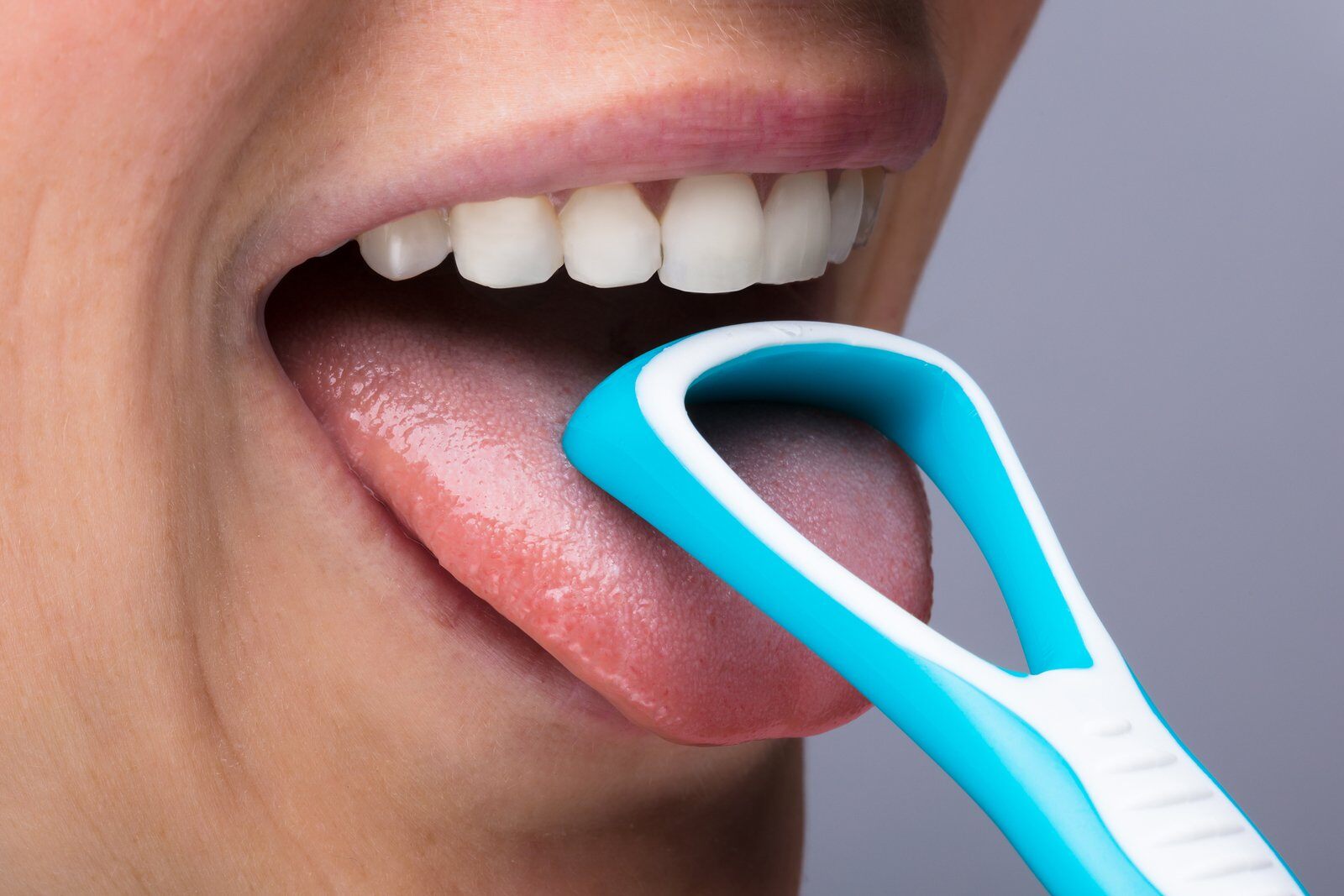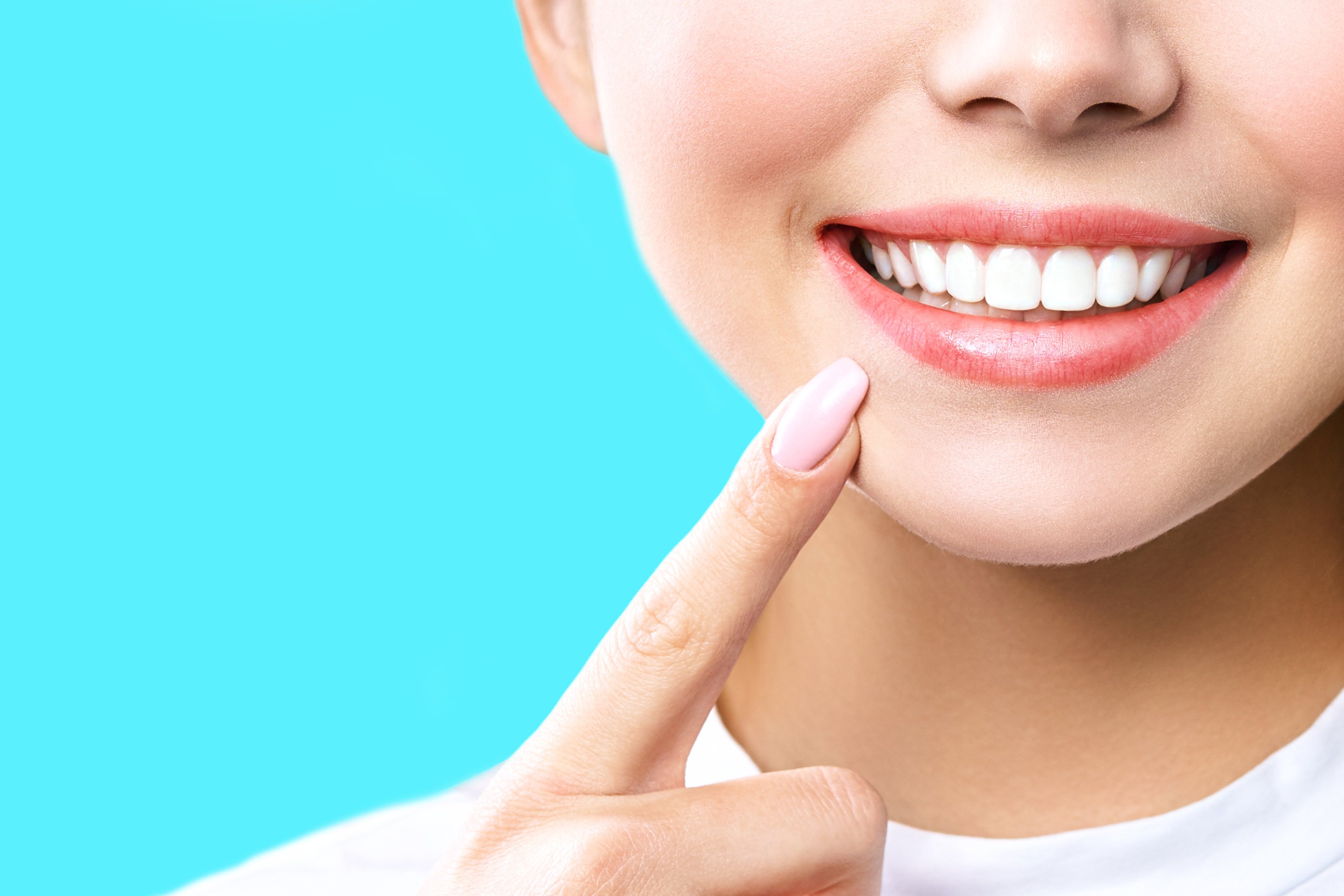Top Reasons Why You Should Be Brushing Your Tongue

Summarize with AI
We all know good dental hygiene is the fundamental key to preserving our oral health. If you brush your teeth twice a day and floss at least once, you're much less likely to develop cavities and periodontal disease. That said, if you're not attacking the bacteria living on your tongue, you are only doing half the job. Here's why you should be brushing your tongue to promote better oral hygiene and reduce the risk of bad breath.
Is Brushing Your Tongue Important?
Many people are surprised to learn their tongues are ideal breeding grounds for bacteria. This has a lot to do with the tongue's structure, which contains substantial crevices and elevations where bacteria can proliferate. Without intervention, bacteria will accumulate in and around taste buds, causing a range of unpleasant issues for you and the people around you.
What Will Happen if You Don't Brush Your Tongue?
Stand in front of a mirror and stick out your tongue. Do you see patchy areas of white, gray, red or brown? That's not just food particles and harmless saliva. It’s a living biofilm, made of microorganisms. Unfortunately, you can't eliminate the film by rinsing with water. Even harsh mouthwash typically only destroys the outer cells of the biofilm, leaving the underlying cells free to thrive. The only way to eliminate the majority of this biofilm is by physically removing it through brushing or cleaning the surface of your tongue. If you don't regularly do this, you are more likely to have bad breath. Since you have larger amounts of potentially harmful bacteria in your mouth, you may also be at a higher risk of developing cavities.
Does Brushing Your Tongue Help Bad Breath?
Since bacteria give off foul odors, it's important to regularly brush your tongue. For many people, this is enough to noticeably improve bad breath. That said, bacteria aren’t the only cause of bad breath. According to experts, if you suffer from chronic halitosis, there could be a number of factors at play, including:
- Oral diseases, such as tooth decay or periodontal disease
- Dry mouth, due to tobacco use, medications and problems with the salivary glands
- Underlying health problems, including diabetes, bronchitis, gastrointestinal disorders, tonsillitis, lung and sinus infections, kidney disease or liver problems
Certain foods and beverages also contain odor-causing compounds that can cause bad breath. If you suffer from bad breath, talk to your local dentist to help determine the most likely cause.
How to Clean Your Tongue
To minimize the number of bacteria in your mouth, you should brush your tongue every time you brush your teeth. Simply scrub your tongue back and forth and left to right, using a soft-bristled toothbrush. Then, rinse your mouth with water. Avoid brushing your tongue too hard, or you could break the skin. According to the Mayo Clinic, there is some evidence that tongue scrapers could also help reduce bad breath. Just be sure to use them according to the manufacturer’s guidelines to avoid accidentally injuring your tongue.
.png)

